Some cast and crew members were thankful when the final lines of the latest Loyola production rang through Marquette Theatre on closing night, ready for this addition to their resume to be over and move on with their lives.
Loyola’s Theatre and Arts wrapped production of professor Ann Mahoney’s original play, “God Help Them If We Wake Up” on Nov. 18. But students involved with the production expressed discomfort both on the stage and behind the scenes.
Issues arose in several aspects of the play and production process, including what cast and crew members criticized as a negatively stereotyped Native American character, stories of students fainting backstage, and some advisors ignoring concerns, causing some students to lose their love for the production all together.
Objections from community
Several characters in the production made the cast and crew uncomfortable to see performed on stage.
Assistant costume director Justice Mosley said when she first decided to join the production, the costume director told her to read the script and to tell her whether or not she wanted to do the show.
Needing the experience, Mosley agreed to stay in, though felt she needed to go to someone to change parts of the script to make it more inclusive and less offensive.
One character Mosley felt uncomfortable with was the “slave woman” character in the show.
This character, who was not given a name in the original script, was written to be portrayed as an African woman who worked on a plantation. The character isn’t on stage for long, as she is shot within moments of her appearance.
Mosley said she did not like this portrayal and went to Helen Jaksch, assistant professor in the theater department.
Eventually, after expressing concern, the character received the name “Peg,” but Mosley still felt this initial problem shouldn’t have happened to begin with.
But the character of Peg wasn’t the only one that made the cast and crew uncomfortable. Another character, called the “medicine woman,” was written in ways that some cast members say depicted Native American stereotypes that were distasteful and offensive.
Several individuals involved in the production expressed that the character was portrayed improperly. One actor specifically noted how this character speaks out to God, something inaccurate to Native American women from “ancient” times, as stated in her character description.
Although the character description didn’t say the character had to be Native American, an Indigenous theater arts freshman Enne Samuel was cast to play her.
Scenic designer Rylie Bute said this character specifically brought forth an issue of cultural appropriation within the show.
One instance she noted was the medicine woman character being dressed in a traditional Native American garb.
Cultural appropriation was something Mosley said Mahoney had tried to push in the costume department.
These costumes, Mosley said, were shut down throughout the process, with the costume team going against many of Mahoney’s ideas.
Mosley, Bute, and other members noted they appreciated diversity in the cast and the inclusion throughout the production — on paper. However, all of them noted how they felt the direction and writing of the play didn’t properly represent perspectives of feminism for people of color.
“It’s just like a half thought because (Mahoney) doesn’t get it,” Mosley said. “And that is fine. There is no way for her to get it. She’s a white woman. No one’s expecting her to. But having written it in the show, it’s a lot of blatant ignorance that I’m having to think about almost every day.”
The Maroon reached out to Mahoney and many other professional members of the production, as well as in the School of Music and Theatre Professions, but none chose to comment for this story.
Although the show aims to be a critique on patriarchal society, Bute said the criticism the production cast and crew gave was not acknowledged by Mahoney and others professionals.
“They don’t even acknowledge that they’re doing something, maybe, a little bit backwards,” she said.
Catholics in the cast, on the crew, and in the audience expressed distaste for the use of religion in the show as well.
Students and staff from the Catholic studies department and cast member Laura Hamilton said the play misrepresented the Abrahamic religions through the characters of “the Madonna,” “the Virgin,” and “the Whore.”
Catholic audience members took offense to one part of the play when it was implied that Mary, the mother of Christ, lied about being a virgin to cover up for adultery.
Beyond the three tropes, individuals shared an instance when the character Marcus, who represents the gospel writer Mark, mentioned to the Madonna how it was an honor to know Jesus and stand with Mary at the cross, which is inaccurate in the Bible. John the Beloved was the one standing with Mary at the cross. Mark had never met Jesus.
The inaccurate portrayal of religion was something audience members, on the stage and behind the scenes, expressed discomfort with.
Actors in the production said they felt they were not allowed to make any choices for their characters.
According to a student in the production who wished to stay anonymous, they felt they weren’t allowed to fully put themselves in their characters due to Mahoney having a strict vision on what she wanted for the play.
The student said they felt they weren’t allowed any artistic freedom as an actor.
One of the actors from the play, who was not comfortable using their name for fear of reprisal, said that because the material was drawn from Mahoney’s personal experience, the director protested any time it didn’t play out exactly like her vision.
Mosley said she feels this isn’t truly the work of the theater department.
“This is her show. This is not the students’ show,” she said.
Toxic work environment
Issues with the production weren’t just within the script.
Several individuals in the production, including Bute and other students in the production, claimed the work environment was “toxic.”
Bute said throughout the rehearsal process, students involved in the production were constantly crying and being yelled at. One actress said people were fainting as well.
“We had to start having at least one other staff member in the rehearsal room with Ann Mahoney to make sure that everyone was being nice and respectful,” Bute said. “They literally had to be babysat.”
Mahoney had said some “unforgettable” things to and about students, according to Mosley. But she wasn’t the only one.
According to Mosley, the assistant director Gillian Shelly, had also been toxic and manipulative toward students.
“They’re doing this show, and it’s supposed to be about feminism and women taking back power, but it’s by two women who are abusing their power,” Mosley said.
A student in the production also claimed no accommodations were given to students who needed to leave rehearsal or the production process, even in cases of emergencies.
According to Mosley, artistic director Sal Mannino asked people to make him aware of issues when they occurred so there would be documented records of how people are being affected.
The Maroon reached out to Mannino, who asked to be sent questions by email. He never responded despite having more than a week’s notice.
Funding for the production was procured by Shelly and Mahoney from the annual Carol Sutton/Sherri Marina Memorial Grant, which supports new plays featuring roles for Black leading actors – particularly Black women – and a New Orleans Theater Association Grant, according to a press release from the theater department.
Mosley and Bute both claimed they weren’t given proper funding to work for their production departments because most of the money given for the production was used to pay for the main actress, Nadine Marissa, Mahoney’s co-star from “The Walking Dead.”
“As a senior designer, I was given zero dollars and zero cents and zero change,” Bute said. “I just had to pull something out of my butt.”
No escape
Students majoring in theater must complete three production credits in order to graduate from Loyola. On top of that, students also need experience in their fields which are gained by working in Loyola productions.
Unlike previous years, this was the only show Loyola did during the Fall semester, limiting individuals on their options to receive these credits and experience.
This left some students stuck doing this production, even through the toxic environment they expressed being in.
“At the end of the day, this is a production credit for us. We need those motherfuckers to graduate, so like, get where you can,” Bute said.
Mosley, although given the choice to leave the production after reading the script, said she felt she had to stay both for the experience of costuming for a larger cast and because she felt she couldn’t leave the costume director to do it on their own.
Although Bute didn’t use this as a production credit, she did use it for her senior project, leaving her to stick through the entire show.
Bute said she knew people in the show felt stuck throughout the production process where they didn’t feel they could react to the issues occuring.
“The students didn’t feel like they had any power throughout this entire process to walk away from it. People were afraid it was going to ruin them or something,” Bute said.
And this process, of being stuck in something without love for it, Mosley said, has been draining.
Impact on the department
Bute said she worries how this show affected the look on the department, especially as the only fall show.
Even with other performances she felt were great in the past, Bute knew this would be some students’ first exposure to Loyola’s theater department, both inside and outside of the production, and worked to get that changed.
“I actually tried to get the show canceled because I felt so strongly that it was a negative representation of us,” Bute said. “Nothing about this process was at all how we preached that the process should go.”
This process was one that Mosley felt had a damaging toll both on the production itself and those in it, causing a loss of love for the show.
“I feel like you can feel the tension — you can feel the passion is lost,” Mosley said. “As someone who’s done multiple Loyola shows, I can tell there are so many people in the room who are not enjoying themselves and don’t want to be there.”
“It just takes the passion out of it,” Mosley said. “We’ve been working and working for something that we don’t love.”
Even feeling uncomfortable in the environment, theater arts freshman Enne Samual still looked for the positives that arose being in their first college play.
“I’m very grateful that I was part of it, because of all the wonderful people that I met, and the experiences that we had together supporting each other through art, because art gets messy sometimes,” said Samuel.
Samuel maintains a positive outlook on the theater department and said they’re excited for future projects in the upcoming semester.
Bute said she hopes people who weren’t involved in the production don’t place the blame on the students involved, rather on the people in power who created the negative environment.
“Everyone’s really giving it their all. None of this is on the students, I really want to hold the people that should be accountable, accountable,” Bute said.
Mahoney did not respond to multiple emails from The Maroon over the course of two weeks.
Jaksch and Chair for the Theatre and Dance Department Patrick Gendusa were emailed together on Nov. 14. Gendusa responded that day that he would not be able to discuss it until next semester. Jaksch never responded.
Interim Director for the School of Music and Theatre Professions Kate Duncan did not respond to an email sent on Nov. 28.


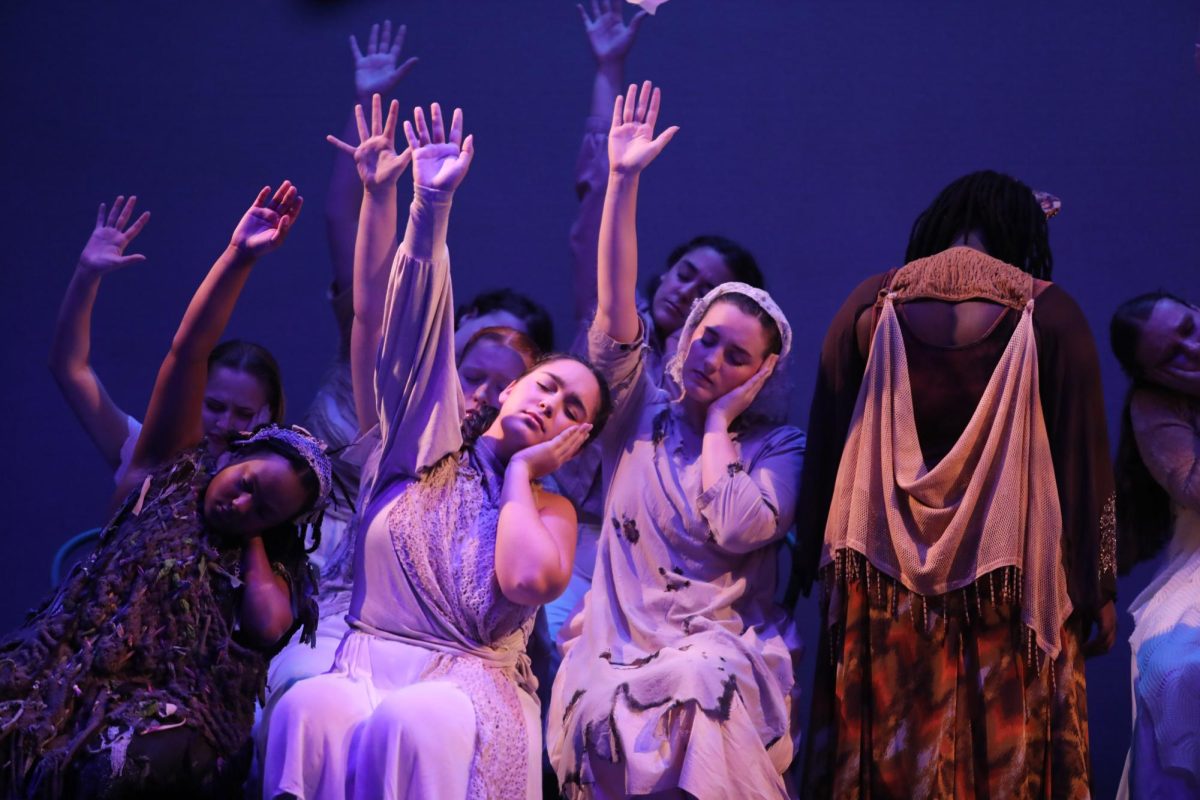

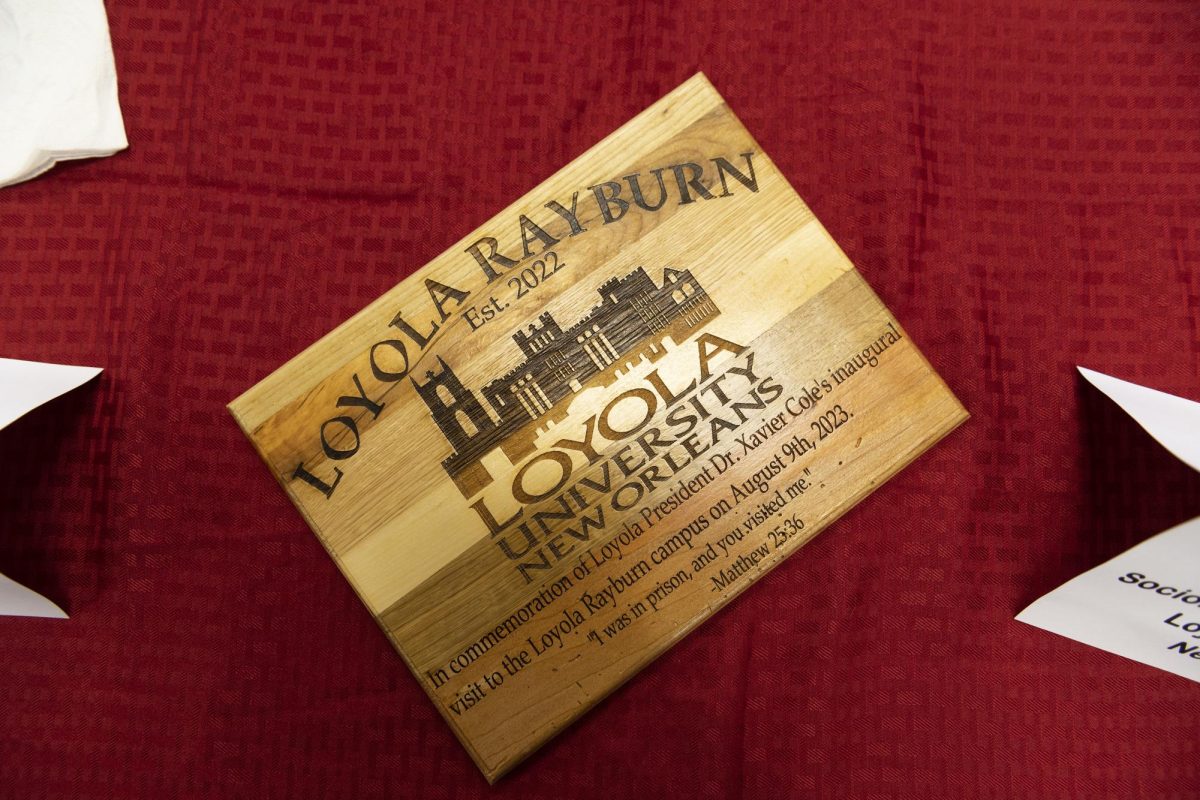
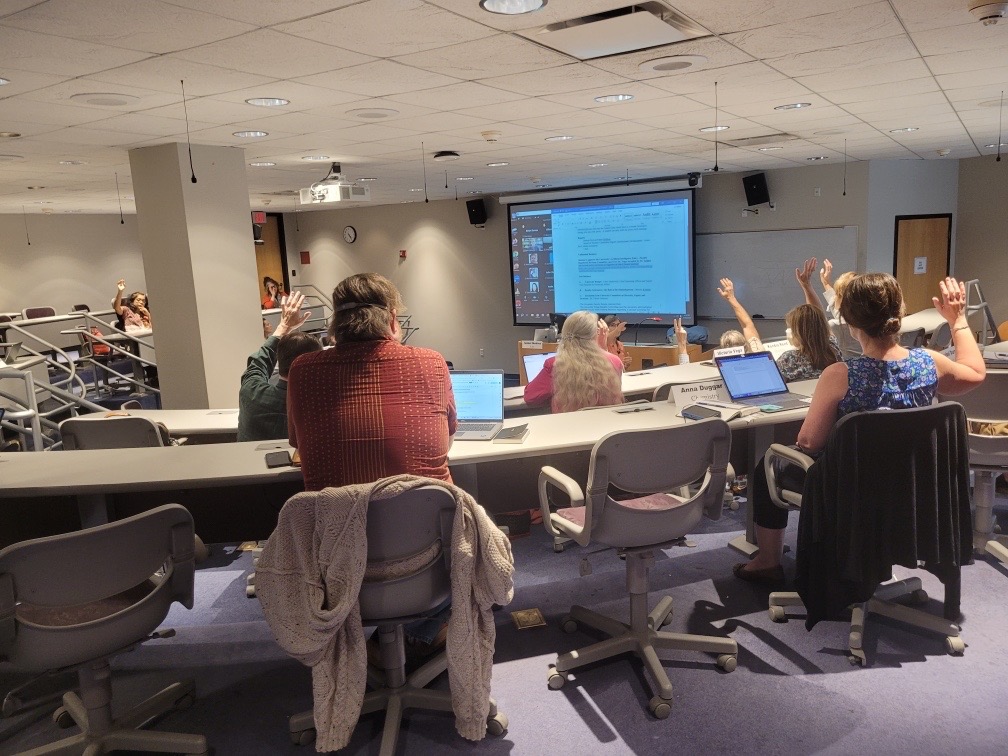
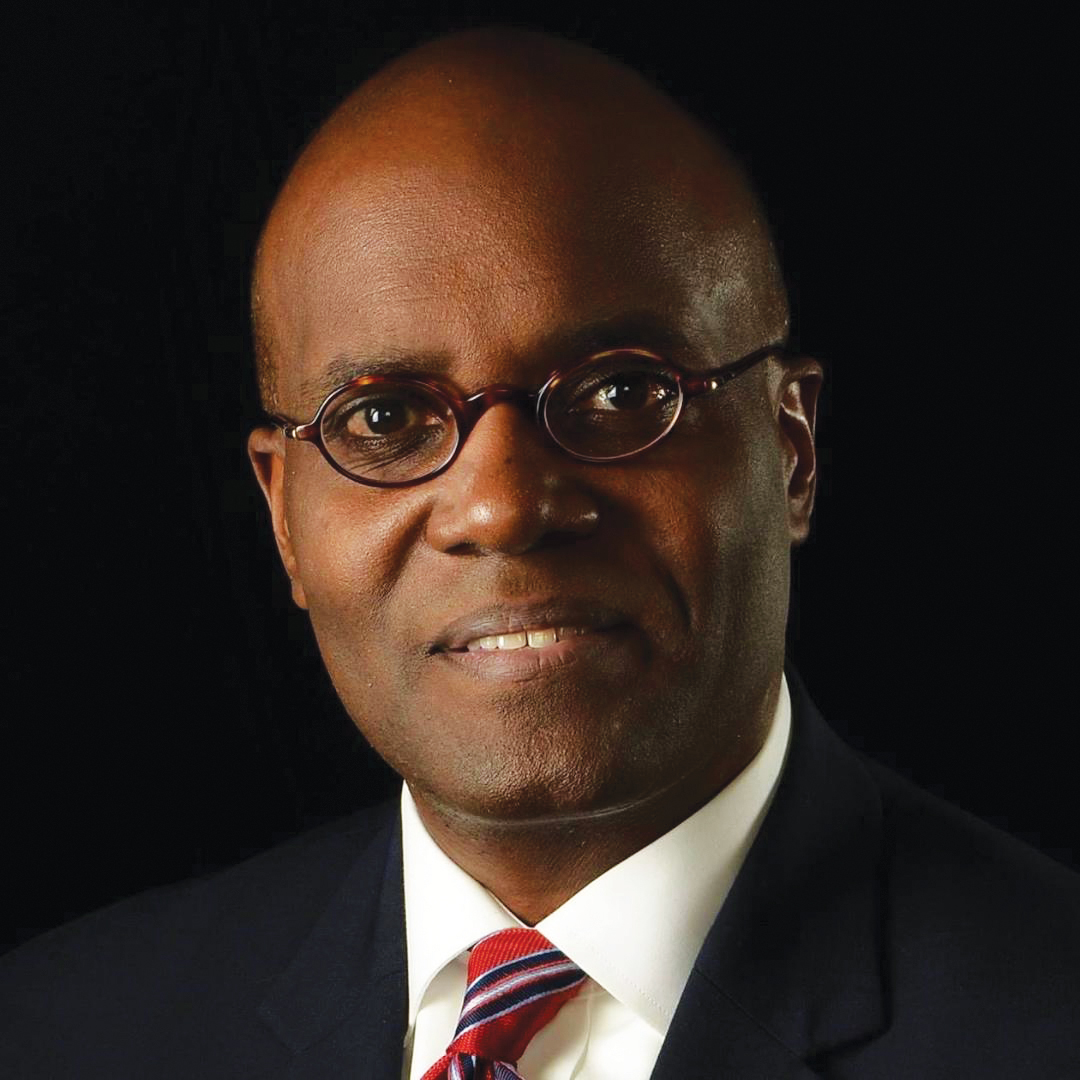

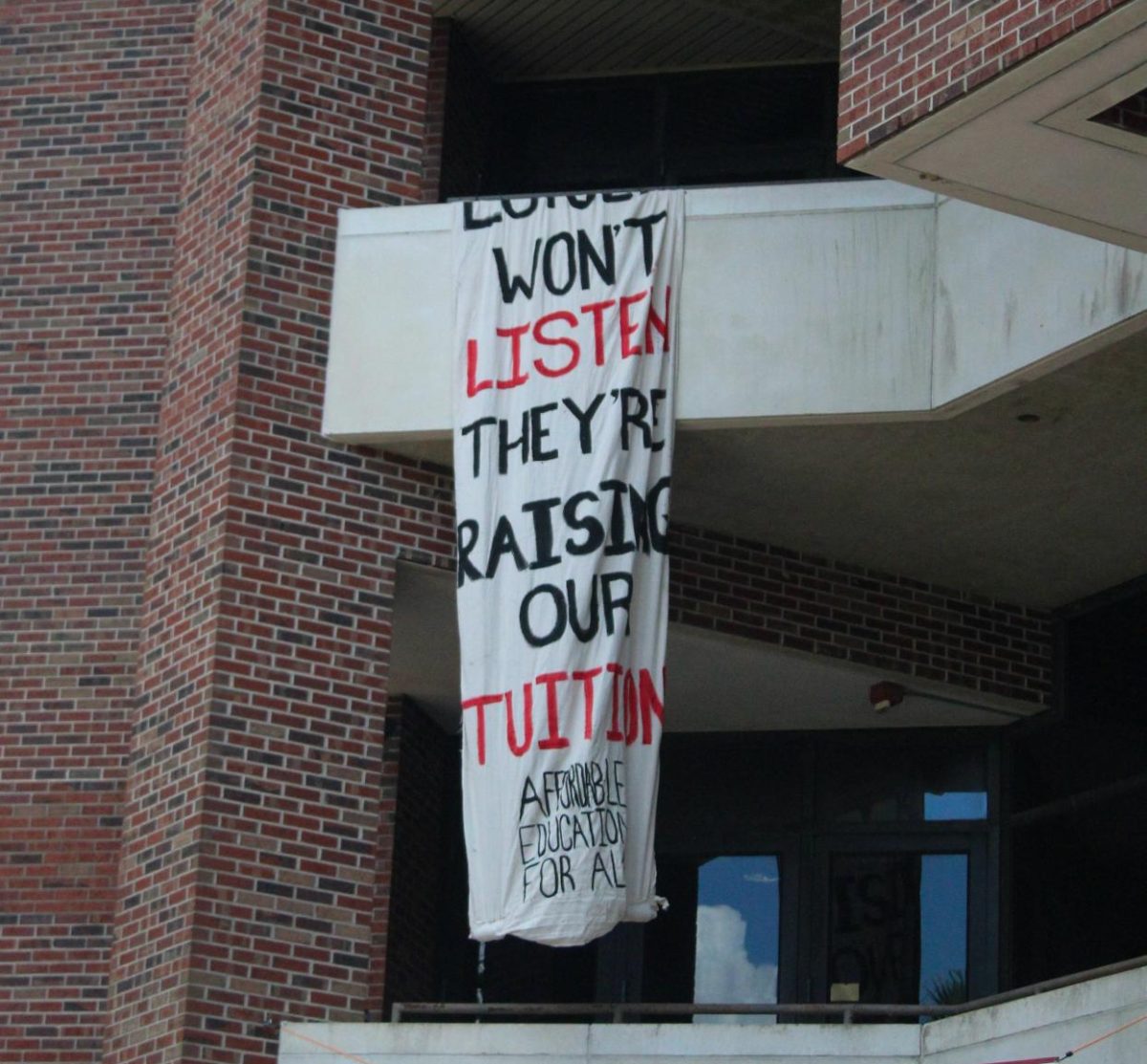
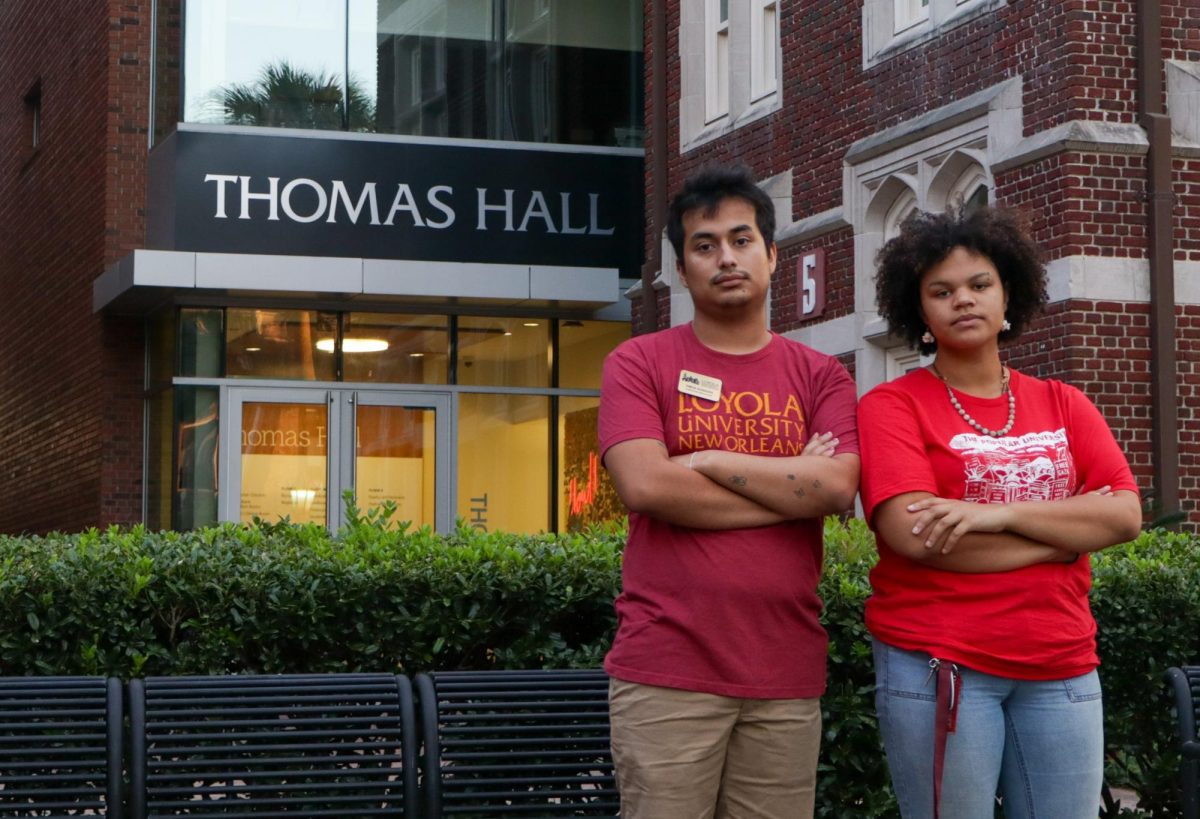


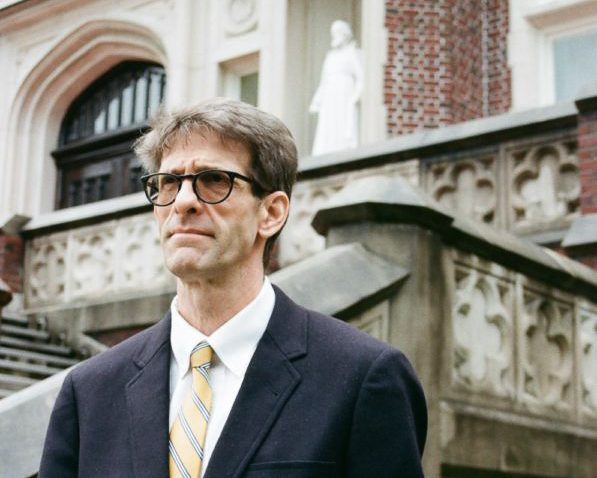
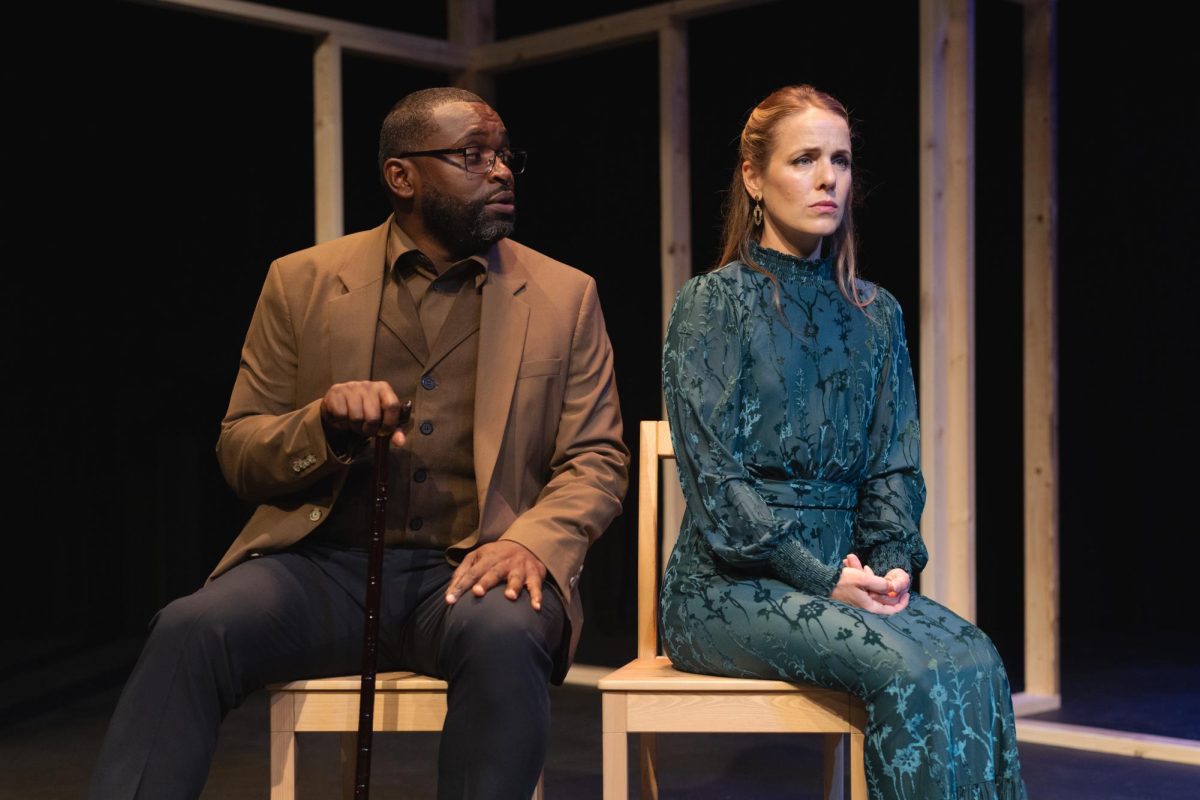
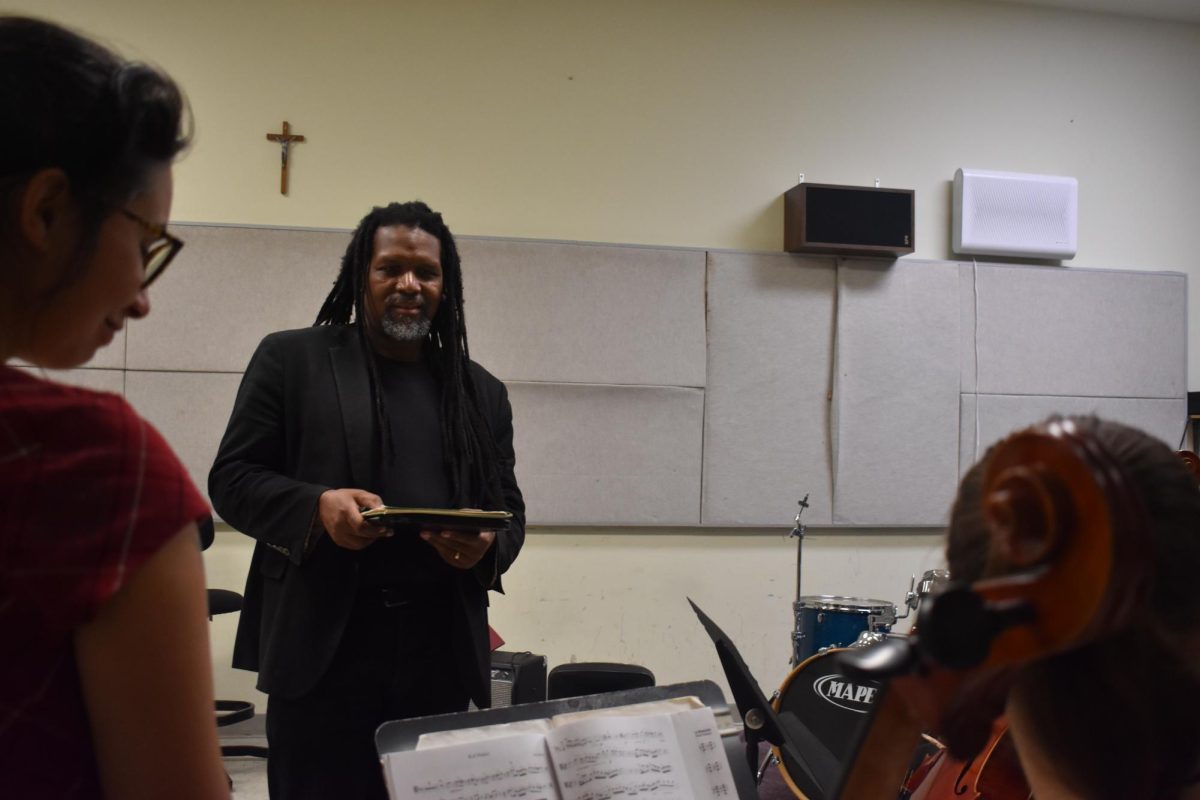
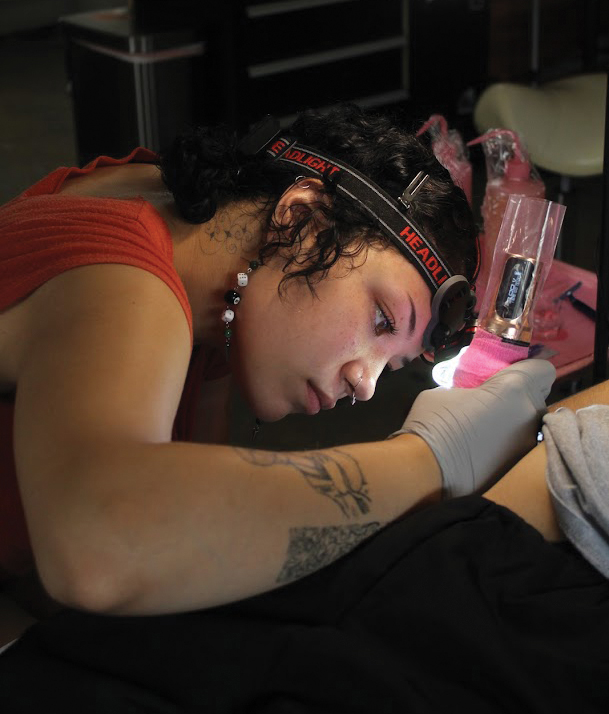
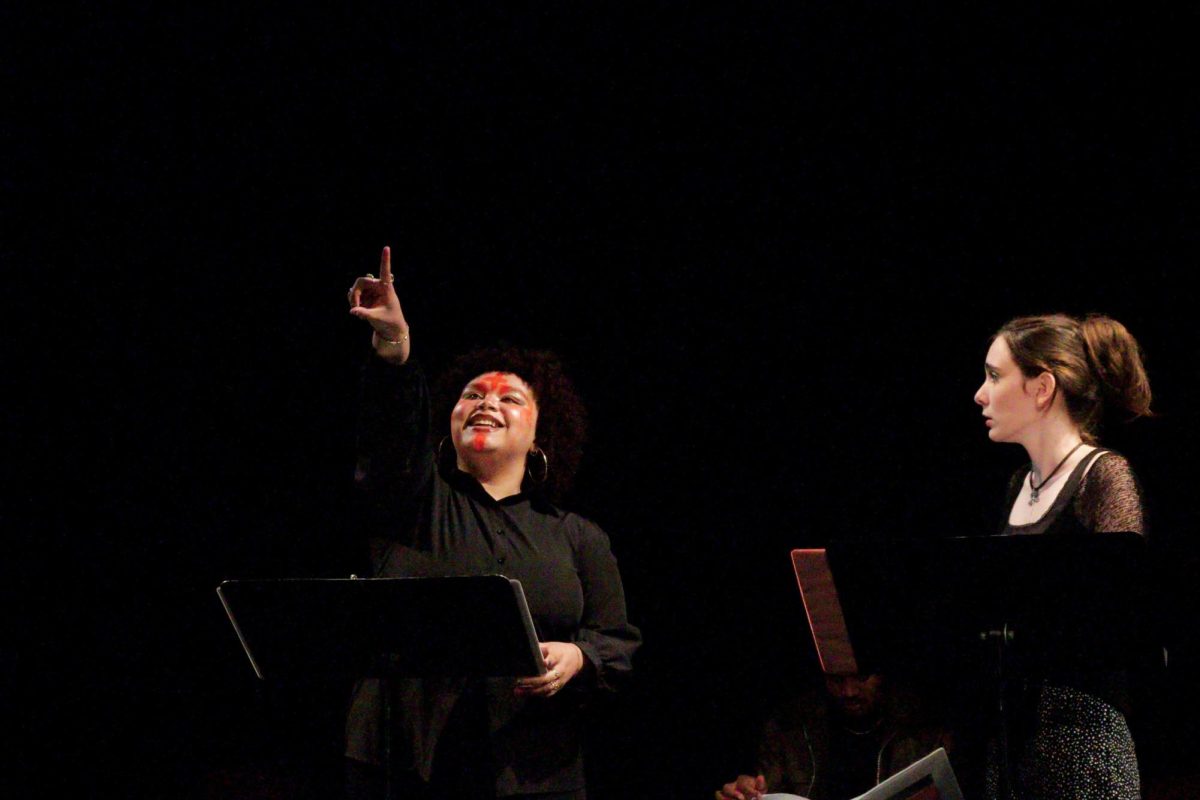

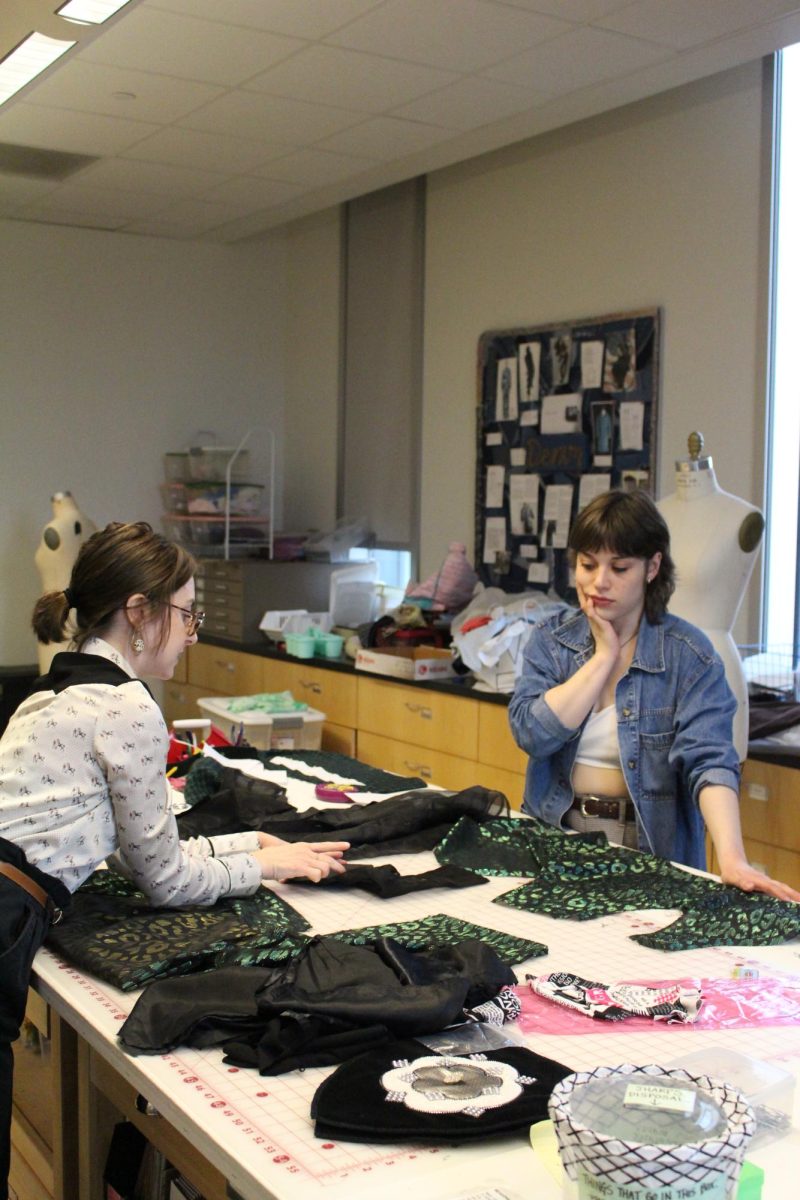


Theodore P Mahne • Dec 8, 2023 at 12:42 pm
Heaven help the world of serious drama if these pampered, overly sensitive students ever become driving forces in the world of theater. Imagine a playwright having the nerve to want her own vision depicted in HER original play! How dare she.
And students griping that they had to continue working on the production for credits — well, in the professional world, would they just storm off the set because they don’t get their way?
What in the hell is the theater department teaching these little prima-donnas?
Anon • Dec 3, 2023 at 12:50 pm
So many questions. How does something like this get approved? I recall the heat that Vagina Monologues received and that seems tame compared to this production. Also where is the chair and why can he not respond to questions until next semester. I applaud the students for seeing this through but am sad they felt stuck due to the lack of performance opportunities to get credit.
Anon • Dec 1, 2023 at 2:23 pm
Love that members of the production are speaking up and shining a light on these controversies—as an audience member the show definitely shocked and offended many viewers for a multitude of reasons. Nonetheless, I greatly applaud the members backstage for doing everything in their power to improve upon the original script and choices for the play, and was blown away by the dedicated performances of the actors, despite their many quips with the overall production. The “carnage ballet” featured in the play was absolutely and overwhelmingly feeling-invoking—one of the most well acted and emotionally impactful performances I’ve ever seen. Thank you to all the production members who produced wonderful set design, costumes, tech, and performances out of a less than stellar experience!